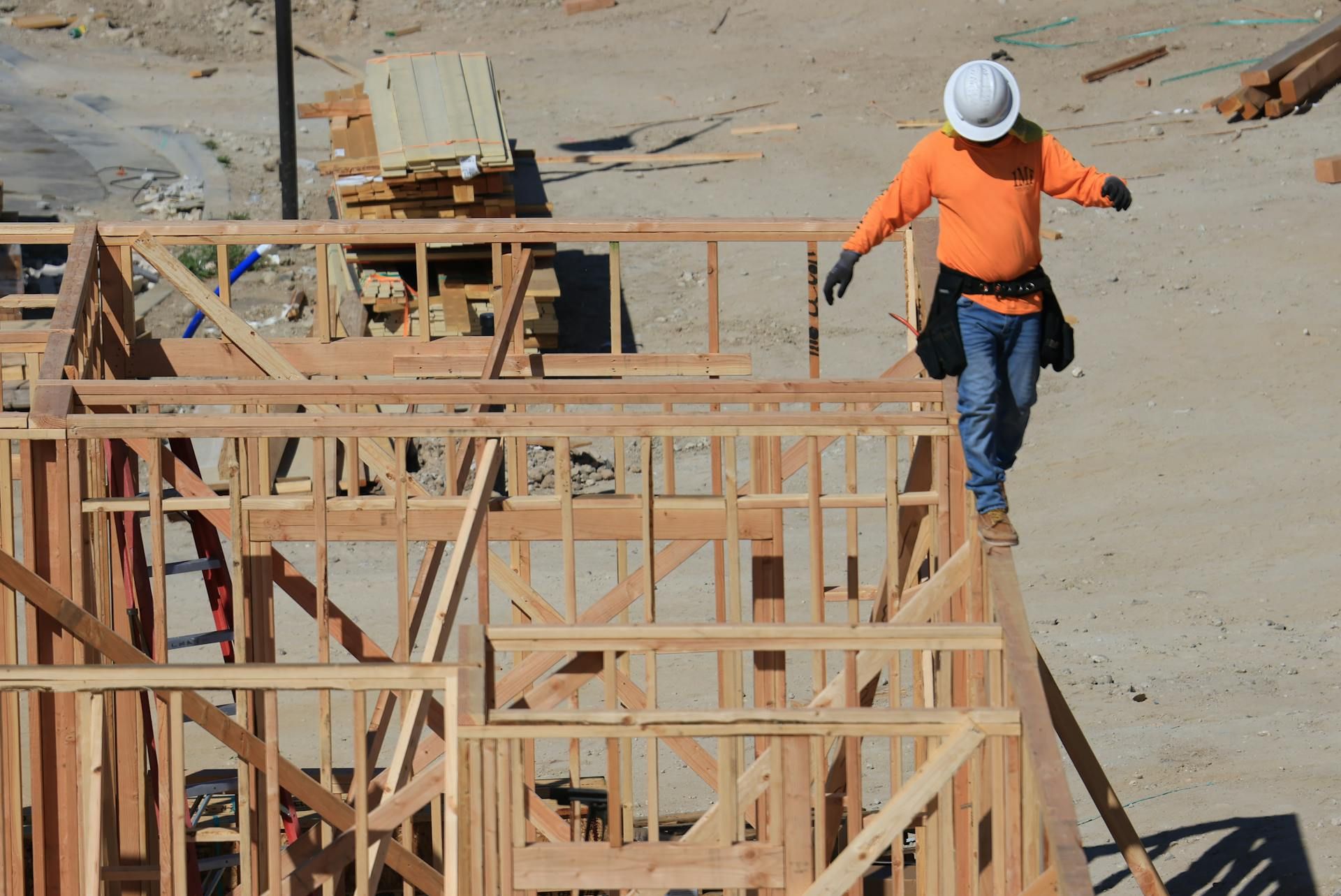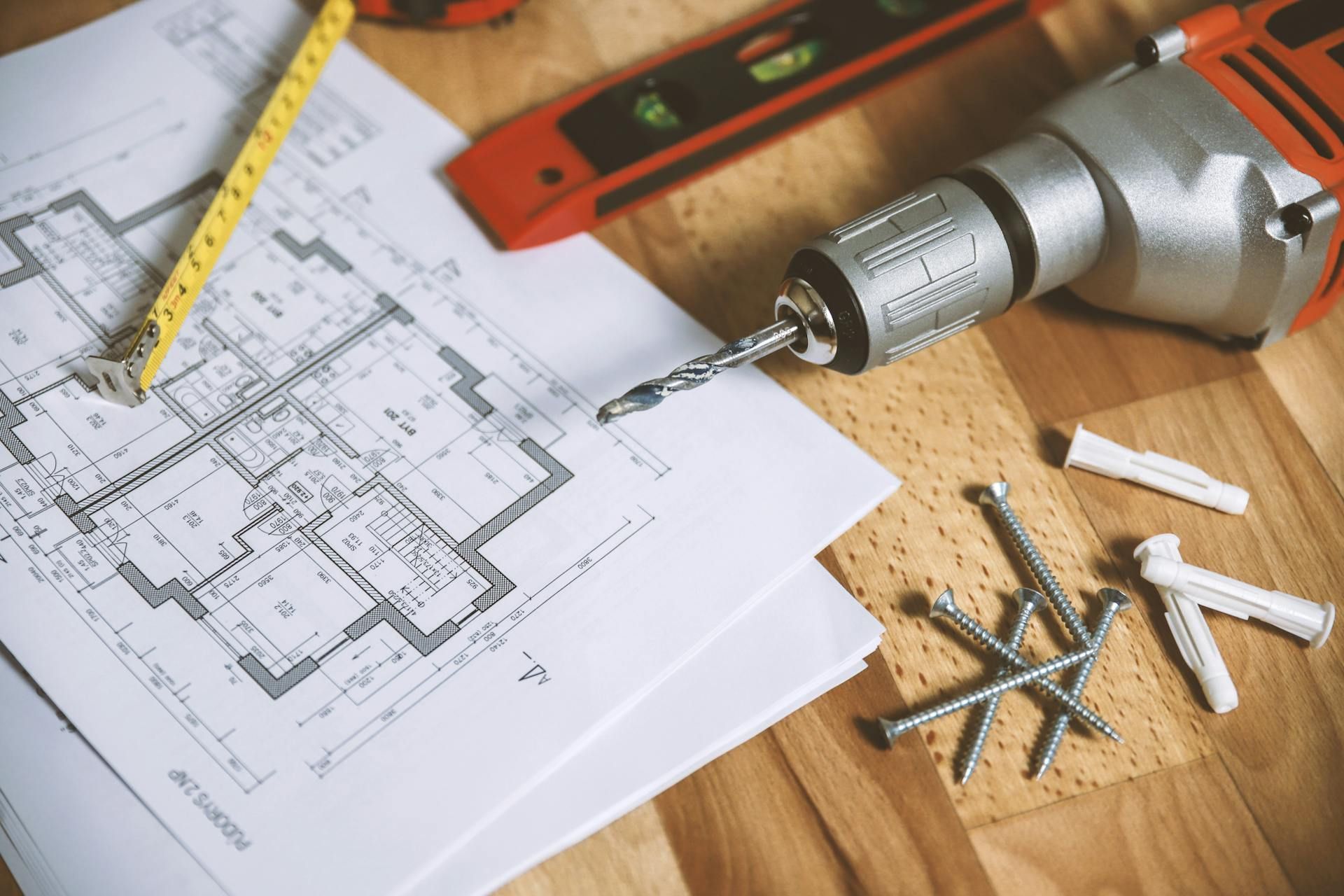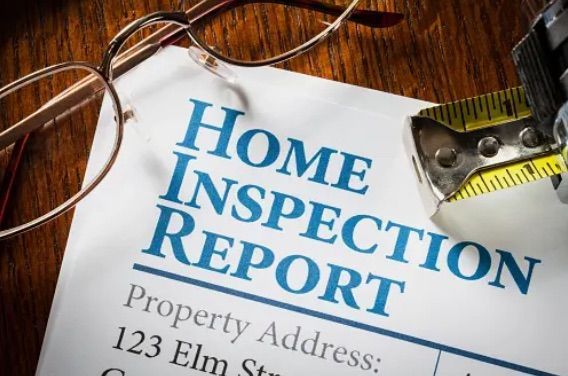Understanding Home Valuation: What Home Sellers Need to Know
Home Valuation with Ronny Gutierrez

When selling a home, understanding its value is essential to ensure a fair and successful transaction. Home valuation is the process of determining a property's worth, and it plays a crucial role in setting the right listing price, attracting potential buyers, and maximizing your return on investment. In this blog, we will delve into the world of home valuation, providing sellers with a comprehensive understanding of what to expect and how to navigate this critical aspect of the selling process.
Importance of Home Valuation: Accurate home valuation is vital for sellers as it helps set realistic expectations and enables informed decision-making. Understanding your property's value ensures you don't under-price or overprice it, allowing you to attract the right buyers and negotiate effectively. A proper valuation helps establish trust with potential buyers, enhances your credibility as a seller, and ultimately increases the likelihood of a successful sale. Moreover, lenders rely on accurate home valuations to assess collateral value and determine loan amounts for buyers. By prioritizing home valuation, you are positioning yourself for a smoother and more rewarding selling experience.
Factors Influencing Home Valuation: Several key factors influence home valuation. These include the property's location, size, condition, amenities, recent comparable sales in the area, and current market trends. Location plays a significant role, as properties in desirable neighborhoods or those with proximity to schools, parks, shopping centers, and transportation hubs tend to command higher values. The size and layout of the property, including the number of bedrooms and bathrooms, also impact its valuation. Additionally, the overall condition of the home, including upgrades or renovations, can influence its worth.
Methods Used in Home Valuation: Appraisers and real estate professionals use various methods to determine a property's value. The most common approaches include the sales comparison approach, income approach, and cost approach. The sales comparison approach involves analyzing recent sales of comparable properties in the area to estimate the subject property's value. The income approach is typically used for investment properties and considers the property's potential rental income. The cost approach evaluates the cost of replacing the property and adjusts for depreciation. Appraisers and real estate agents consider these approaches and relevant market data to arrive at an accurate valuation.
Preparing for a Home Valuation: To ensure a smooth and accurate home valuation, sellers should take several steps to prepare their property. Start by decluttering and depersonalizing the space to allow appraisers or real estate agents to assess its true potential. Make necessary repairs and updates to enhance the property's condition and appeal. Provide any relevant documentation, such as permits for renovations or upgrades. It's also helpful to gather information about recent comparable sales in the area to better understand the market. Lastly, be prepared to answer questions about your property, such as its age, history of renovations, and any unique features or issues.
Working with Professionals: When it comes to home valuation, working with licensed appraisers or experienced real estate agents is crucial. These professionals have in-depth knowledge of the local market, access to comprehensive data, and expertise in valuation methodologies. They will conduct a thorough assessment of your property, taking into account all relevant factors, and provide you with an accurate valuation. This valuation will serve as a valuable tool in setting the right listing price, attracting qualified buyers, and negotiating effectively.
Understanding home valuation is essential for home sellers.
Get your personalized independent home price estimate by clicking here: https://ronny-gutierrez.weichert.com/seller/valuation/












